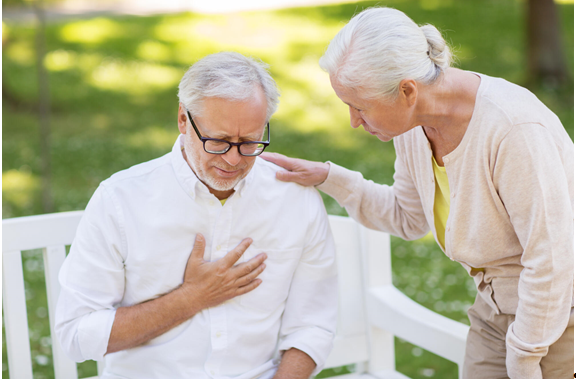Stress affects everyone, but it can be especially hard on older adults. As people age, their ability to handle stress can get weaker. This happens because of changes in the body, health problems, and major life events.
Knowing how stress impacts seniors can help improve their health and overall happiness. Read on.
How the Body Changes with Age
As we get older, our bodies change. These changes make it harder to deal with stress. One important system that’s affected is the hypothalamic-pituitary-adrenal (HPA) axis.
This system helps control how the body responds to stress. In older adults, it doesn’t work as well.
That means stress can last longer and have a stronger effect. Over time, this can raise the risk of problems like high blood pressure, heart disease, and a weaker immune system.
Life Changes That Cause Stress
Many older adults go through big life changes that can be stressful. These include retiring, losing loved ones, or moving into a nursing home. These events can lead to feelings of loneliness or sadness.
Some older adults also feel like they’ve lost their independence. All of this can cause stress to build up. And if they don’t have friends or family to talk to, it can feel even worse.
Stress and the Mind
The brain also changes with age. Memory may not be as sharp, and it can be harder to focus or think clearly. When stress is added to the mix, these problems can get worse.
Some seniors feel frustrated or anxious when they can’t do things they used to do. Long-term stress can even play a role in diseases like Alzheimer’s. It creates a cycle: stress makes thinking harder, and poor thinking adds more stress.
Physical Effects of Stress
Stress doesn’t just affect emotions-it can hurt the body too. It can mess up sleep, reduce appetite, and make it harder to stick to a medicine routine. Many older adults already have trouble sleeping, and stress makes it worse.
Poor sleep then leads to tiredness, low energy, and feeling unwell. Stress can also slow down recovery from illness or injury.
How to Reduce Stress in Older Adults
There are many ways to help reduce stress in seniors. One of the best is staying active. Regular exercise helps both the body and the mind.
Social activities are also important. Talking to friends, joining clubs, or volunteering can help seniors feel less alone. Mindfulness practices like yoga, meditation, or tai chi are great for calming the mind.
Mental health care is important too. Doctors should be trained to spot stress and offer help when needed. Also, joining a community or facility can greatly help in aging well with less stress.
Help Your Elderly Manage Stress
Stress is a normal part of life, but it can hit older adults much harder. With the right support, seniors can handle stress better and enjoy a higher quality of life.
We all need to work together to give older adults the care, attention, and respect they deserve. A little help can make a big difference in how they feel-both physically and emotionally.
If you want to read more articles, visit our blog.
